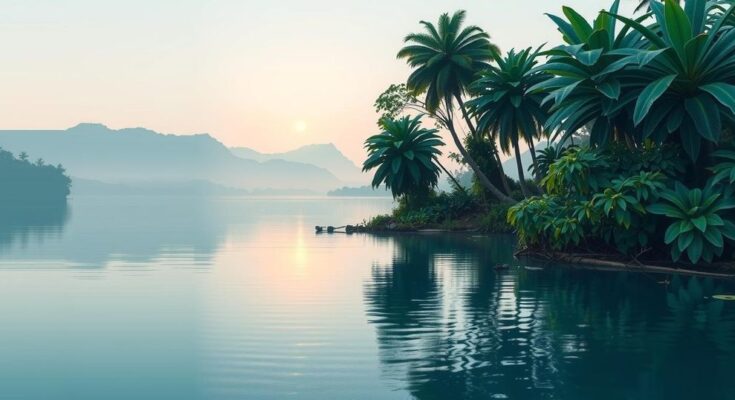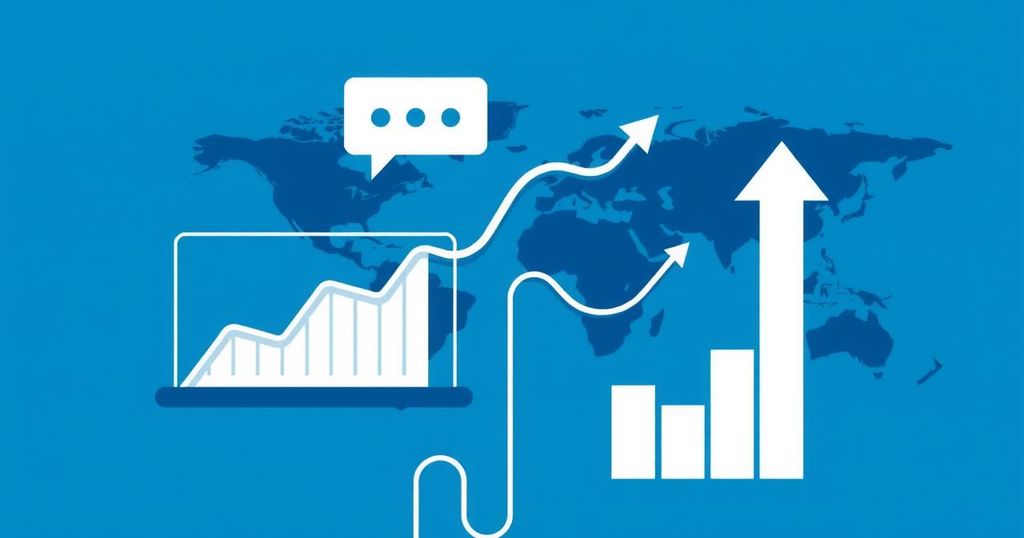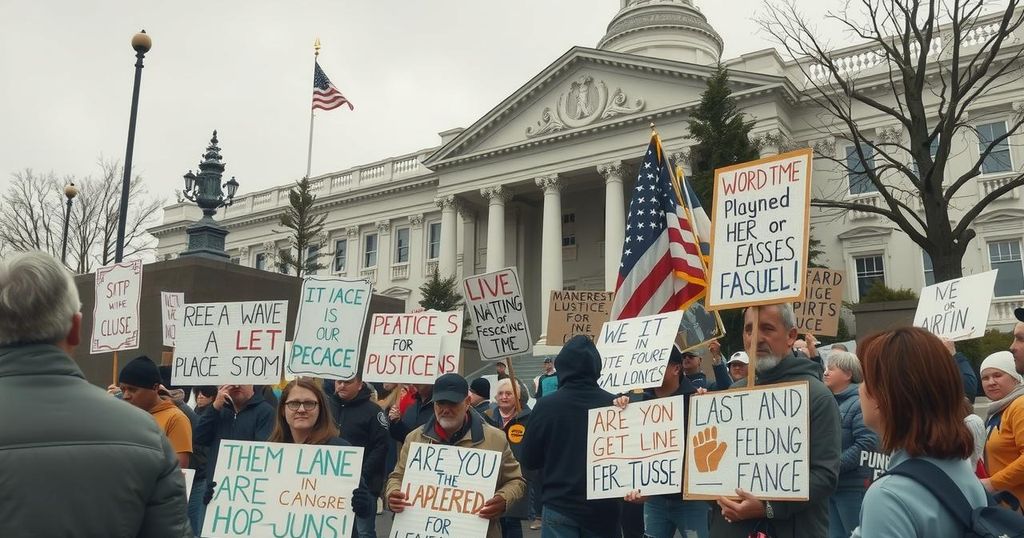M23 rebels, supported by Rwandan forces, have reportedly captured Goma, causing mass panic among residents. This followed an ultimatum for the Congolese army to surrender weapons, leading to a state of chaos. The UN Security Council condemned Rwanda’s backing of the rebels, while diplomatic tensions continue to rise amidst urgent calls for civilian protection.
In the Democratic Republic of Congo (DRC), Rwanda-backed M23 rebels declared they had captured Goma, the largest city in the eastern region, causing widespread panic among its 2 million residents. This took place following a 48-hour ultimatum issued to the Congolese army to surrender their weapons, which expired without compliance. Amidst claims of control over the city, the Congolese government branded the rebel advance as a “declaration of war.”
M23 fighters, alongside an estimated 3,000 to 4,000 Rwandan soldiers, had been besieging Goma for several days, raising fears of exacerbating one of Africa’s longest-running conflicts and resulting in further civilian displacement. The Congolese military has struggled to respond effectively, with some units reportedly surrendering their weapons to UN peacekeepers. Eyewitnesses reported large explosions and gunfire in Goma, along with a chaotic mass prison break resulting in fatalities.
Corneille Nangaa, leader of the Congo River Alliance, confirmed the takeover of Goma and stated that Congolese army soldiers were abandoning their posts. Government spokesperson Patrick Muyaya urged for the protection of civilians, describing the country’s situation as a state of war. The UN Security Council held emergency discussions, condemning Rwanda’s involvement in the rebels’ actions, while Rwanda rebuked these claims, attributing the conflict to the Congolese government’s alleged support for Hutu militias linked to the 1994 genocide.
Following escalating violence, UN personnel and their families evacuated to Rwanda. The border between Rwanda and DRC was closed, and international governments advised their citizens to leave Goma. The DRC’s eastern regions remain volatile, harboring numerous armed groups stemming from the aftermath of the Rwandan genocide and persistent regional tensions.
The M23 insurgents are not new; they previously captured Goma in 2012 but withdrew after diplomatic intervention. Since then, the group has remained active, launching a renewed offensive in 2022 that threatened to further destabilize the mineral-rich North Kivu province. M23 claims to exist to protect the Tutsi population while receiving substantial military support from Rwanda, including troops and advanced weaponry.
The ongoing conflict in the eastern Democratic Republic of Congo (DRC) is rooted in historical tensions and violence that have persisted since the Rwandan genocide in 1994. The M23, or March 23 Movement, is a Tutsi-led rebel group that has emerged from the complex web of militias and armed factions in the region. Fighting over mineral wealth has intensified these conflicts, with DRC possessing valuable resources that attract international interests. The area has witnessed repeated cycles of violence, leading to severe humanitarian crises and significant civilian displacement.
The recent capture of Goma by Rwanda-backed M23 rebels represents a critical escalation in the DRC conflict, with dire implications for stability in the region. As the Congolese army appears overwhelmed and international calls for action emerge, the situation remains precarious for civilians caught in the crossfire. The involvement of neighboring Rwanda further complicates the geopolitical landscape, underscoring the urgent need for effective diplomatic solutions to address the ongoing violence and humanitarian crises.
Original Source: www.ndtv.com




